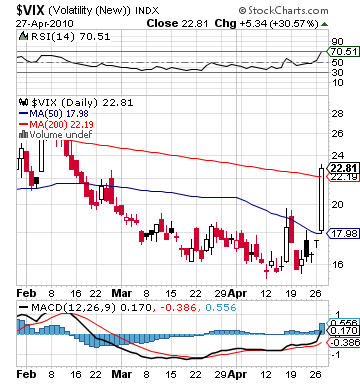Seriously, is there any rational being alive that wasn’t expecting the home numbers to go down?
Sales of new homes collapsed in May, sinking 33 percent to the lowest level on record as potential buyers stopped shopping for homes once they could no longer receive government tax credits.
The bleak report from the Commerce Department is the first sign of how the end of federal tax credits could weigh on the nation’s housing market.
I guess I don’t get how any “professional” would ever think, especially after the way the car credit did the same thing, that new home sales weren’t being goosed by the tax credit.
“We all knew there would be a housing hangover from the expiration of the tax credit,” wrote Mike Larson, real estate and interest rate analyst at Weiss Research. “But this decline takes your breath away.”
It only takes your breath away if you were buying the jive the realtors are selling. How do any of these “analysts” and “economists” feel good about themselves? Look, we just saw the same thing happen with the car credit. As soon as that credit stopped, car sales plunged. Why would anyone on the planet earth think this would be different?
Paul Dales, U.S. economist with Capital Economics,” wrote in a note. “After all, unemployment remains high, job security is low and credit conditions are tight.”
Exactly.
Look, I’m an amateur. But even I could see that the housing numbers were being driven higher only because of the tax credit. If I can see this, why can’t the professionals? It also shows you that you shouldn’t trust the professionals either. They’re as surprised at this as they were the dot-bomb era too. Do your own research. Learn to see what is in front of your eyes and use your head.

